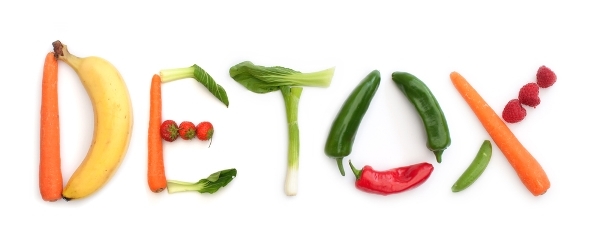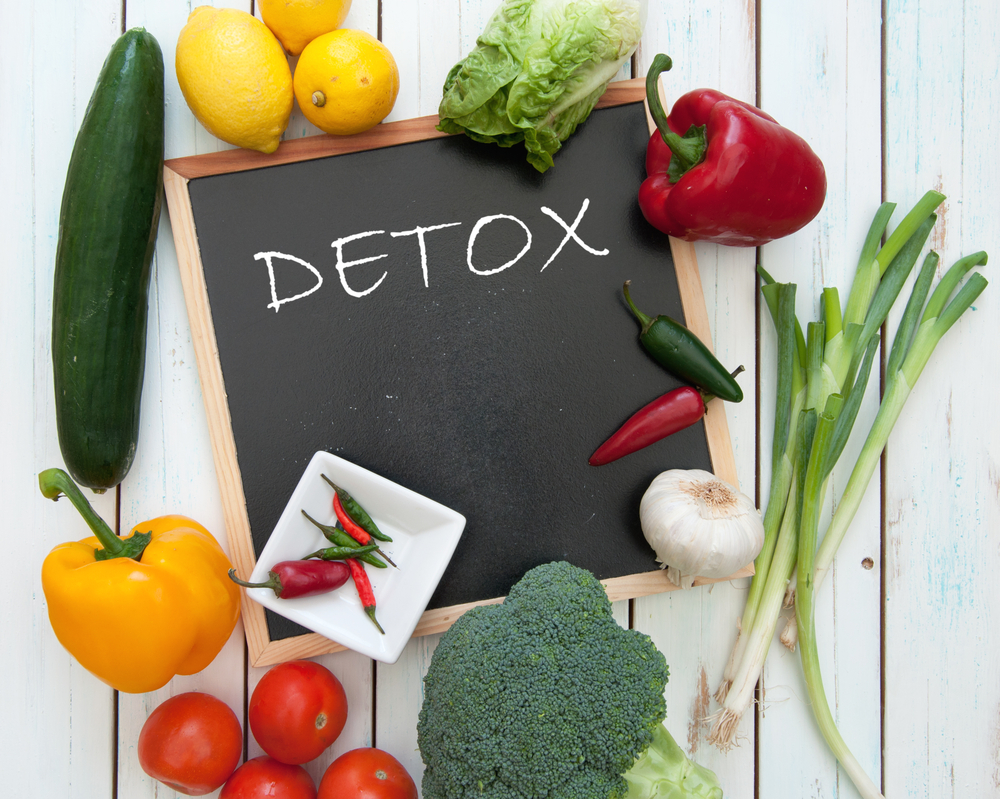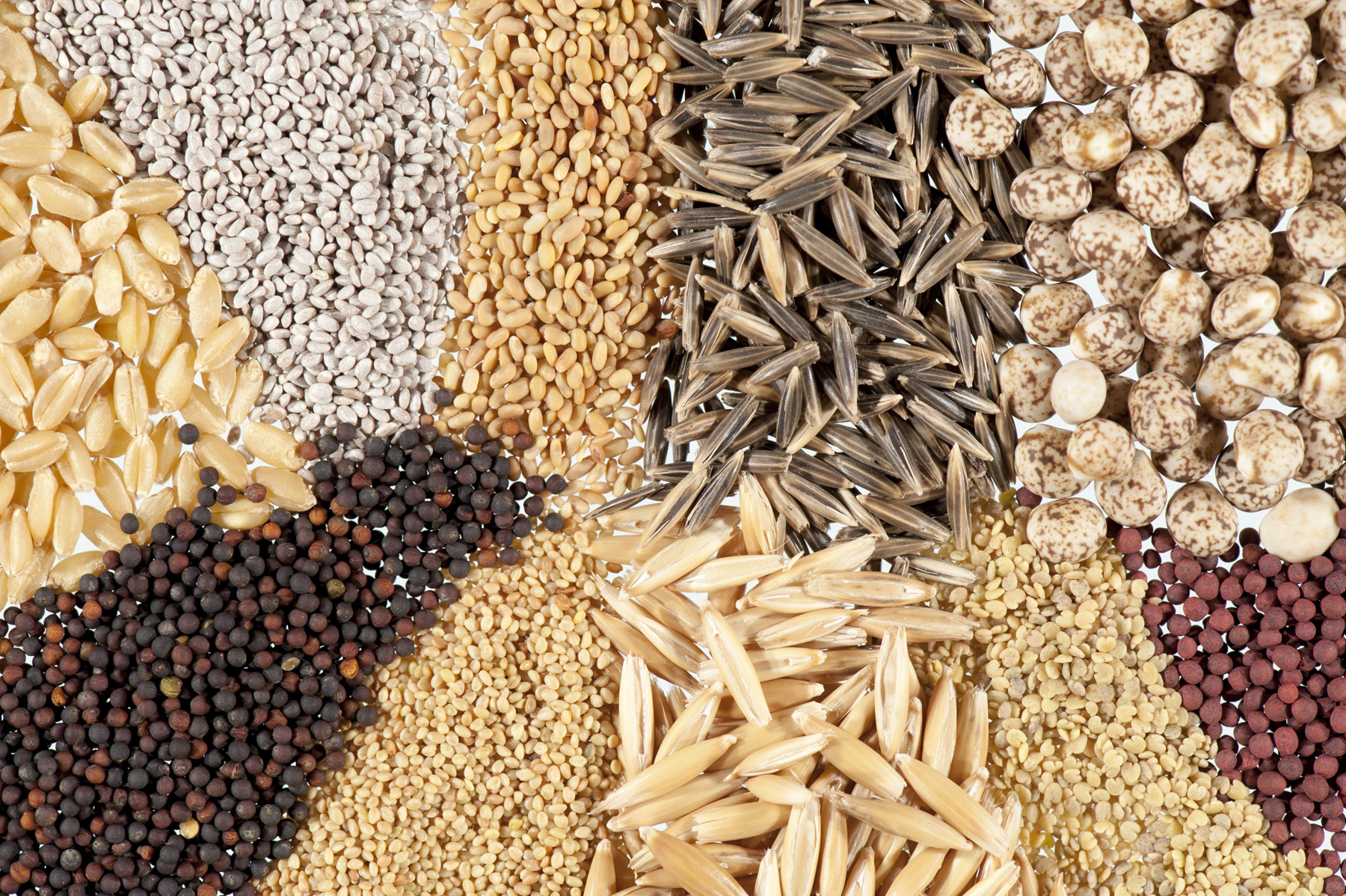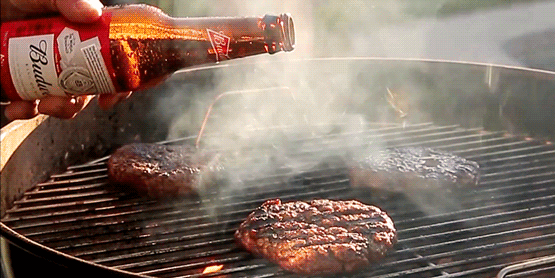Further proof gluten-free diets may not be the heathiest choice…
Going gluten-free has become all the rage these days. People hear the word gluten and they immediately treat the food like it’s dangerous or going to cause them terrible negative side effects. A lot of people try to avoid gluten out of the misunderstanding of what it is and does, and they end up eating a lot of “gluten-free” foods that are loaded with chemicals and highly processed. In their efforts to avoid one thing, they are exposed to many more.
According to a February 2017 study from the University of Illinois at Chicago, avoiding gluten could actually expose you to more heavy metals. You may need to go on a metal detox if you’re not careful with the gluten-free foods you eat.
Why is that? It all comes down to an ingredient common in gluten-free foods: rice flour. Rice flour is used as a replacement for wheat flour. It contains no gluten, but offers similar properties to wheat flour and gives your bread, crackers, cookies, and other flour-based products a nice texture. Many gluten-free food products are made using rice flour.
According to the research cited above, the people who ate a gluten-free diet (heavy in rice flour) had 70% more mercury in their bloodstream, not to mention TWICE as much arsenic as those who ate a normal wheat-based diet. That means the exposure to heavy metals is significantly higher for those who consume rice flour products.
Pretty scary, right? You think you’re eating healthy by cutting gluten from your diet—decreasing low-grade inflammation—and you end up poisoning your body! In many cases, even a metal detox may not be enough to get rid of those heavy metals. Both arsenic and mercury can be dangerous, potentially fatal if you ingest too much of it.

READ MORE: 20 Detox Foods to Eat Now
But why are you eating rice flour in the first place? Are you truly intolerant or sensitive to gluten, or are you avoiding gluten because you believe it’s bad for you?
There are those who CANNOT eat gluten: those suffering from celiac disease and non-celiac gluten intolerance. In a small percentage of the population, gluten can trigger negative reactions like rosacea or outbreaks of rashes. These people should definitely avoid gluten, as the consequences of eating gluten are far worse.
However, for those who are cutting gluten from their diet “just because”, the truth is that your gluten-free diet may be doing more harm than good.
Gluten is a natural protein found in wheat, and it’s what gives bread and other wheat products their chewy texture. Studies have proven that gluten is dangerous/unpleasant to those with gluten intolerance, sensitivity, or celiac disease. However, if you have none of these health problems, you have no reason to cut gluten from your diet.
Some people cite the various studies that mention the low-grade inflammation resulting from consuming gluten. There may be some truth to those studies, but is it really worth being exposed to heavy metals just to avoid low-grade inflammation? Eating healthy, cutting back on alcohol and smoking, and doing exercise is usually enough to combat the inflammation and restore you to full health.
If you’re going gluten-free, make sure you do so for the right reasons. That reason should be because your body is sensitive or intolerant to it, not because all your friends are avoiding gluten or because you read about it on the internet. Understand what you’re putting in your body, and you’ll avoid health problems!








